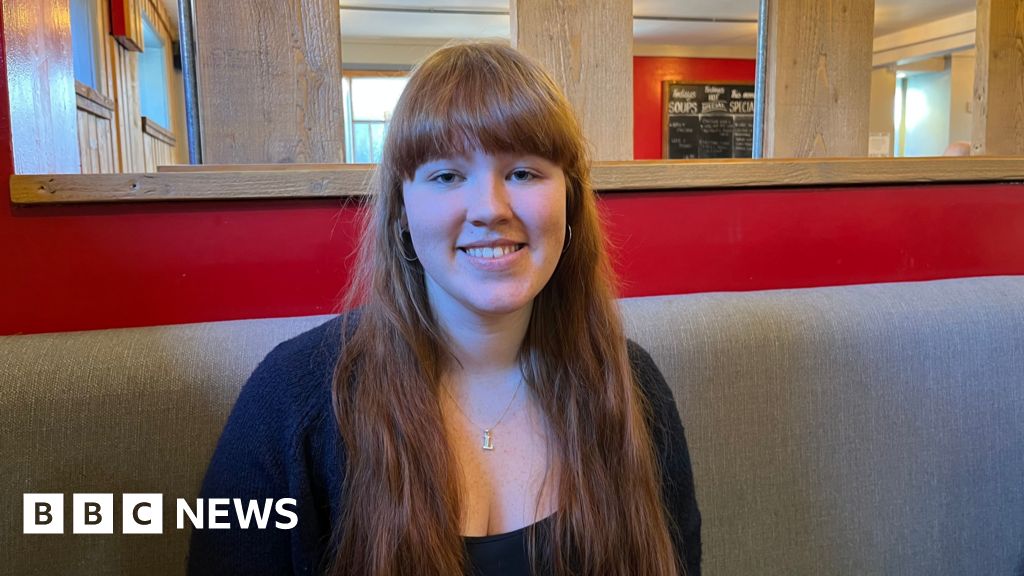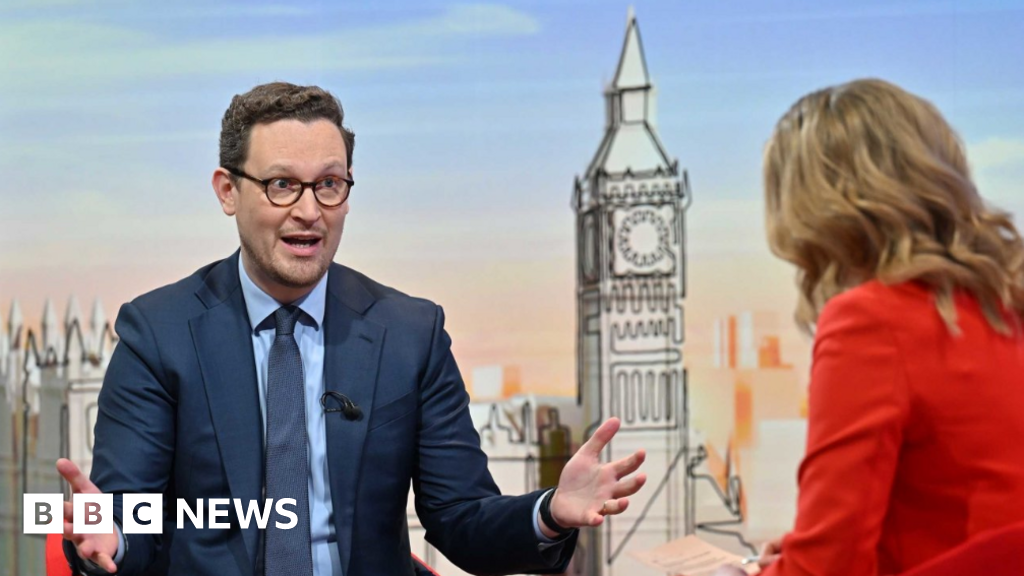ARTICLE AD BOX
 Image source, Getty Images
Image source, Getty Images
By Faarea Masud
Business reporter
The price of chocolate, sweets and fizzy drinks have shot up ahead of the Easter holidays, as the cost of food continues to rise at a record rate.
The British Retail Consortium (BRC) said higher sugar and manufacturing costs had helped push food price inflation to 15% in the year to March - up from 14.5% in February.
Fruit and vegetable prices also climbed due to availability issues, it added.
But the trade group said it expected food price rises to ease soon.
"Food price rises will likely ease in the coming months, particularly as we enter the UK growing season, but wider inflation is expected to remain high," said BRC chief executive Helen Dickinson.
"Retailers continue to work hard to keep prices, particularly of essentials, as low as possible by expanding value ranges and offering discounts for vulnerable groups."
Food prices have surged over the last year as surging energy prices have driven up the cost of production and extreme weather has affected harvests.
The BRC said fruit and vegetable prices had risen this month after bad weather in Spain and North Africa caused availability issues. It also said imports had also become more expensive due to the weakening pound.
Overall shop price inflation - including non-food items - accelerated to 8.9% in the year to March, up from 8.4% last month, the BRC added.
However, it said some retailers had been offering discounts on home entertainment goods and electrical appliances. Retailers are also likely to offer promotions over Easter to encourage customers to spend, it added.
Official figures showed there was a surprise jump in figures last month, as salad and vegetable shortages helped push up food prices at the fastest rate in 45 years.
Alcohol prices in restaurants and pubs also drove up costs for households, as inflation jumped to 10.4% in the year to February from 10.1% in January.
The jump caused the Bank of England to raise its interest rates - already at their highest level for 14 years - from 4% to 4.25%, in the hope of cooling inflation.
The Office for Budget Responsibility forecasts that inflation will fall below 3% this year as food and energy prices rise less quickly.

 1 year ago
27
1 year ago
27








 English (US) ·
English (US) ·